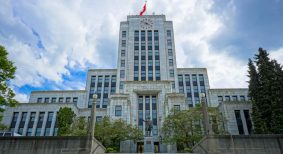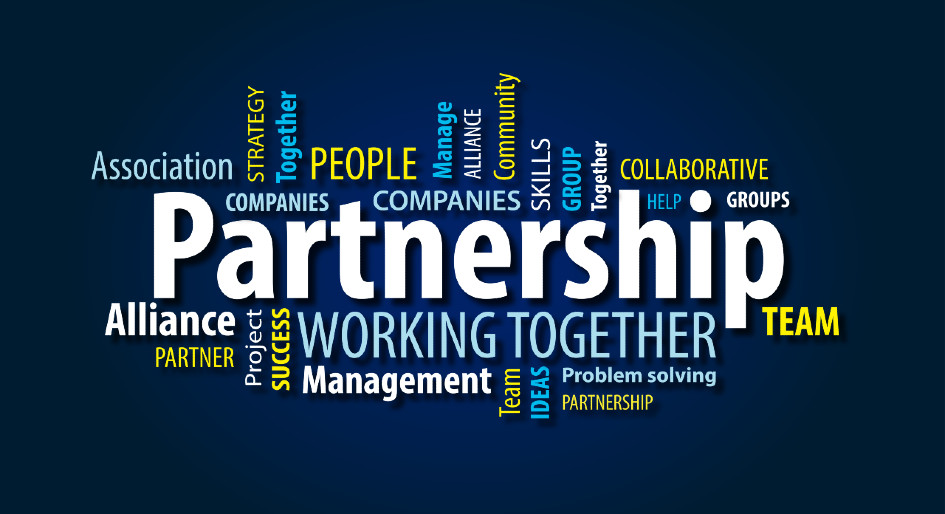With a growing number of construction companies across Canada looking to build partnerships with First Nations, it is important to understand the dynamics of Indigenous communities and what they can bring to the table.
Indigenous engagement and partnerships can offer construction companies a competitive advantage, more efficiency, less risk and the answer to the industry’s aging demographic.
Indigenous youth could help solve the industry’s skilled labour shortage, according to Jesse McComrick, director of research, innovation and legal affairs for the First Nations Major Projects Coalition (FNMPC).
“We know Indigenous people are the fastest growing demographic in Canada. The federal government estimates 400,000 indigenous youths will be of age to enter the workforce in next decade. We hope many of those will be engaged in trades,” he said at the Canadian Construction Association annual conference held in Vancouver.
He advised that companies wanting to hire Indigenous workers should have a plan to address common barriers such as transportation, education attainment, and family obligations.
“It also requires concerted efforts to change cultures and expectations…changing the language of the job site so it is inclusive and provides for diversity. Those challenges are real, impacts are real, prejudices are real but can be fixed,” said McCormick, stressing inclusion starts at the top.
Recruitment strategies that companies can use include placing postings in areas where prospective Indigenous employees look for work; using firms specializing in Indigenous recruitment; and partnering with Indigenous employment training counsellors and educational institutions.
“Don’t look just for entry level opportunities. If you’re doing significant amount of work in and around Indigenous communities, and you don’t have Indigenous people in your senior leadership, then you’re doing something wrong,” said McCormick.
Enhancing the economic wellbeing of First Nations members, he explained, is the main goal of FNMP, a non-political and business focused coalition of more than 80 First Nations organizations.
“We’re working on a project portfolio of $17 billion – all of those involve equity positions for First Nations and First Nations partners,” said McCormick, who highlighted the Clark Lake Geothermal project as an example of what is possible when indigenous communities are empowered to lead and own major infrastructure projects.
Indigenous engagement is also about companies honouring the Truth and Reconciliation Commission’s Calls to Action. McCormick said Truth and Reconciliation is “significantly shaping government policy and relationships between Indigenous people and industry.”
“There’s a significant procurement advantage to having strong indigenous partnerships. Major resource companies, government departments and other public agencies look favourably on and sometimes require diversity. Your ability to demonstrate support of Indigenous partners can enhance your competitiveness and priority in the bidding process,” he said.
Creating meaningful inclusion and equity positions will ultimately bring benefits for everyone, said McCormick, and it’s important to show Indigenous youth they have opportunities and choices.
“Find a way to be a company that other companies look to as an example of how to work collaboratively with Indigenous people,” he said.
Cheryl Mah is managing editor of Construction Business.









